Platform Organizations in the Digital Sharing Economy Organizational Forms, Effects, and Socio-Ecological Transformation Paths
How can the digital platform economy be put on a sustainable development path? As part of the project, the IÖW examines political and civil society-oriented counter-movements to the centralized platform economy and shows development paths and design options for a transformation towards a sustainable digital society.
Starting Point and Research Questions
Overnight stays at Airbnb, shopping at Amazon or instant messaging via Twitter and Facebook - digital platforms shape our society. More and more interactions, services and production processes are handled exclusively online. With far-reaching consequences: due to network and scale effects, data, capital and power is increasingly concentrated in the hands of few platform companies. Smaller and non-commercial platform providers either cease their activities entirely or are being bought up by the dominant players.
In recent years, this dynamic has become a source of major social, political and economic conflicts. Increasingly, actors from all sectors of society have begun to question the market practices of the dominant platforms and to outline alternatives. What sustainability and democratization potentials are associated with these counter-movements - and under what conditions their potential can actually be realized – remains unclear however.
Project Aims and Approach
In order to close this research gap, two counter-movements with particular social relevance are examined and compared: political-legal counter-movements on one hand and (social) entrepreneurial counter-movements on the other.
Which sustainability and democratization potentials result from different regulatory responses to the platform economy? On a political level, the project examines how the governments of the US, Germany, and France have responded to the rise of the platform economy. Platform-specific governmental activities are compared both over time and across different countries
What sustainability and democratization potential can alternative platform models leverage? With regard to the (social) entrepreneurial level, the project focuses on the emerging platform cooperativism movement. Specifically, it investigates the strategies that these platform alternatives oriented towards shared ownership and collective decision-making in the USA, Germany and France apply in order to establish their businesses in the context of the highly centralized platform economy.
The systematic analysis and comparison of these heterogeneous counter-movements allows for identifying and critically examining the potential of socio-ecological governance models in the platform economy. The aim of the project is to outline development paths and design options for the digital platform economy, with which a transformation towards a sustainable digital society can be promoted. By targeting both political and entrepreneurial approaches, basic as well as practice-oriented knowledge is created.
IÖW Project Team
- Santje Kludas
- Dr. Christian Lautermann
- Dr. Gerd Scholl
- Clara Wolff



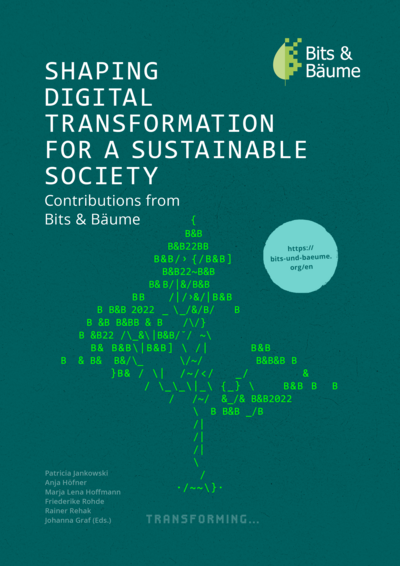
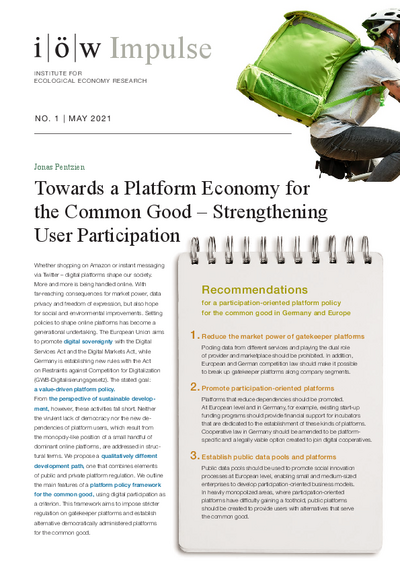
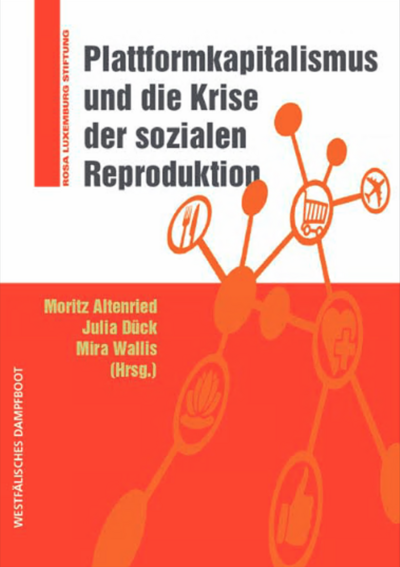
![[Translate to Englisch:] Policies to Transform the Internet from Marketplace to Public Space](/fileadmin/_processed_/8/3/csm_OEW_ONLINE_2021_1_Cover_648px_99d7fa2acc.jpg)
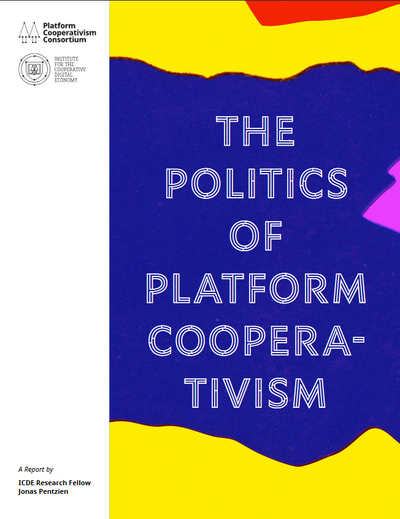
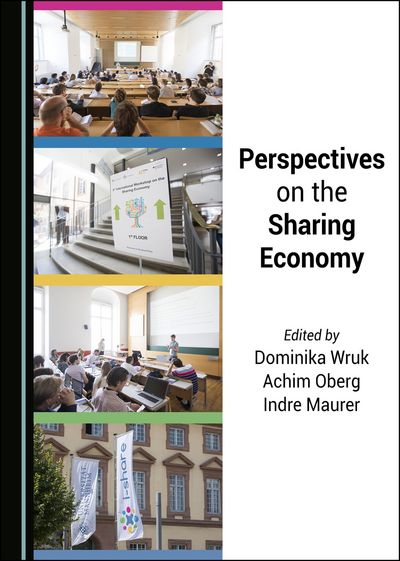

![[Translate to Englisch:] Establishing a platform economy oriented towards the common good – but how?](/fileadmin/_processed_/b/6/csm_OeW_2018-04_Cover_648px_c0d3fbe7ca.jpg)
